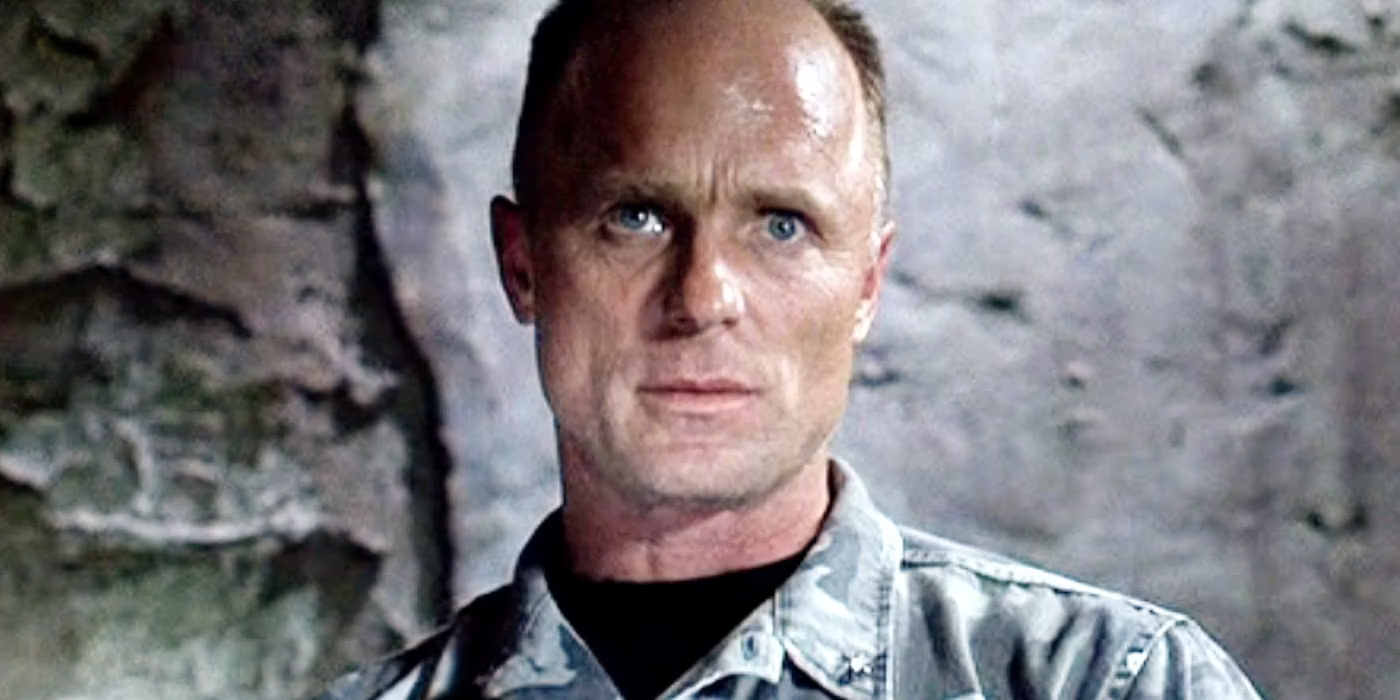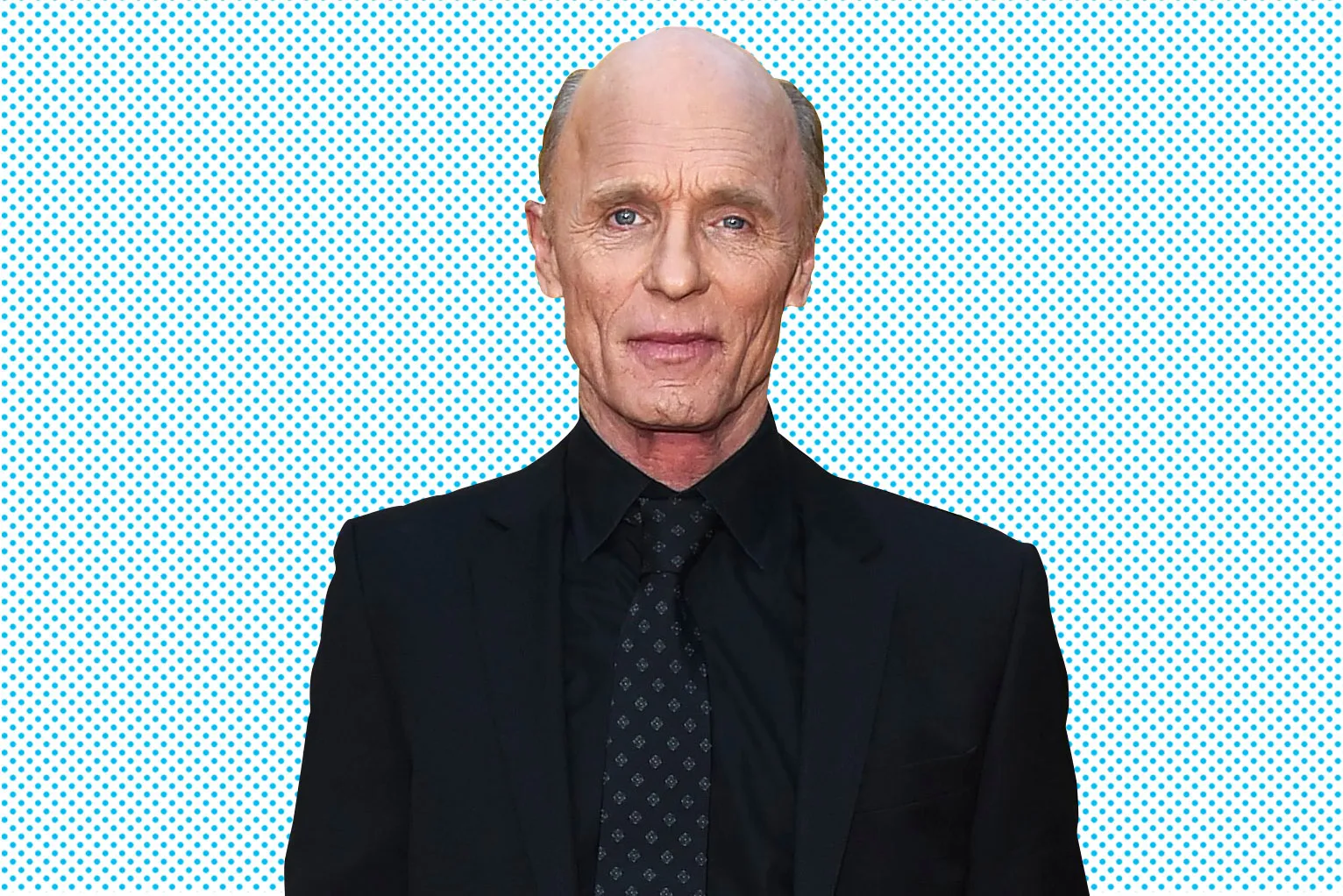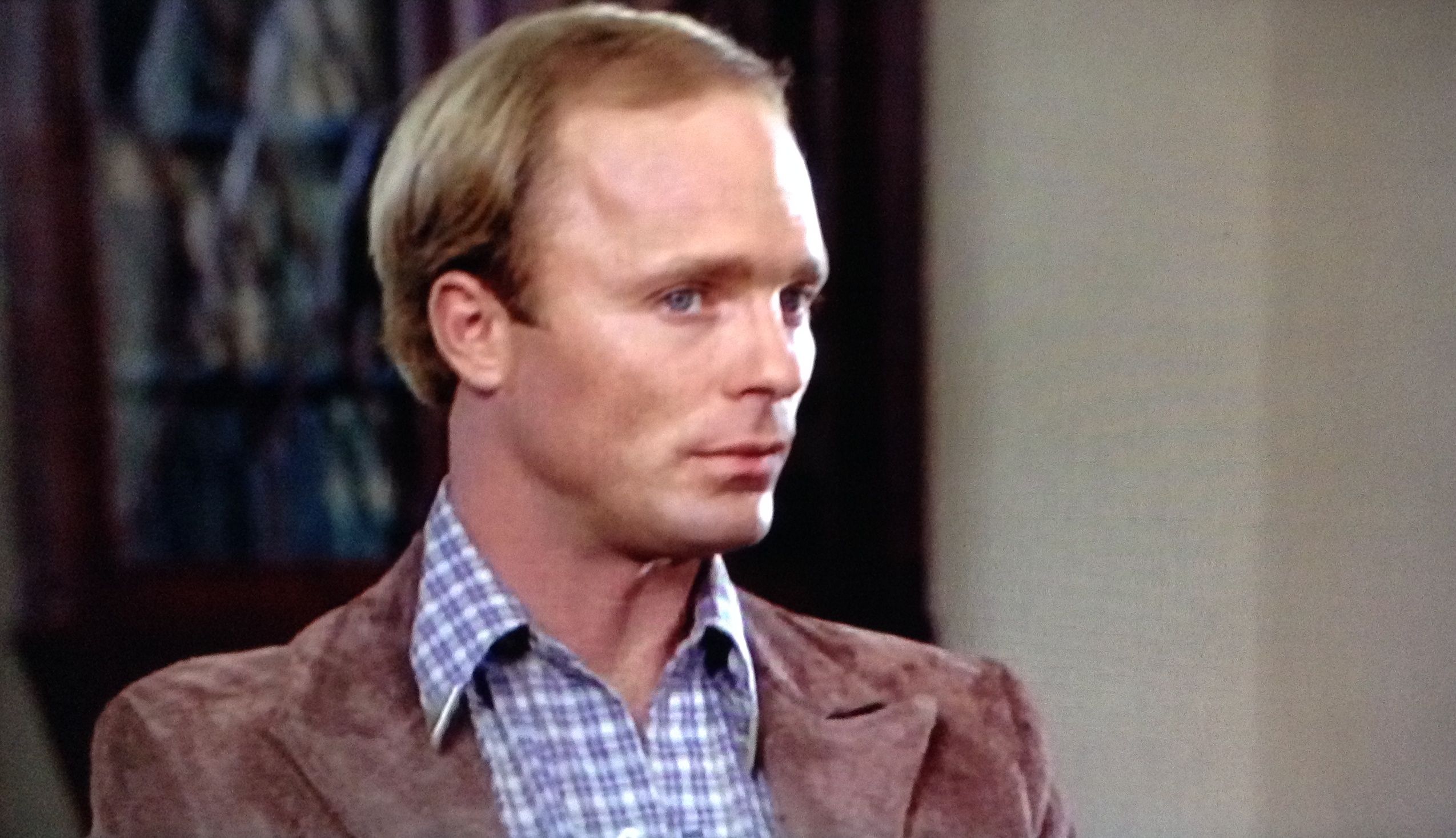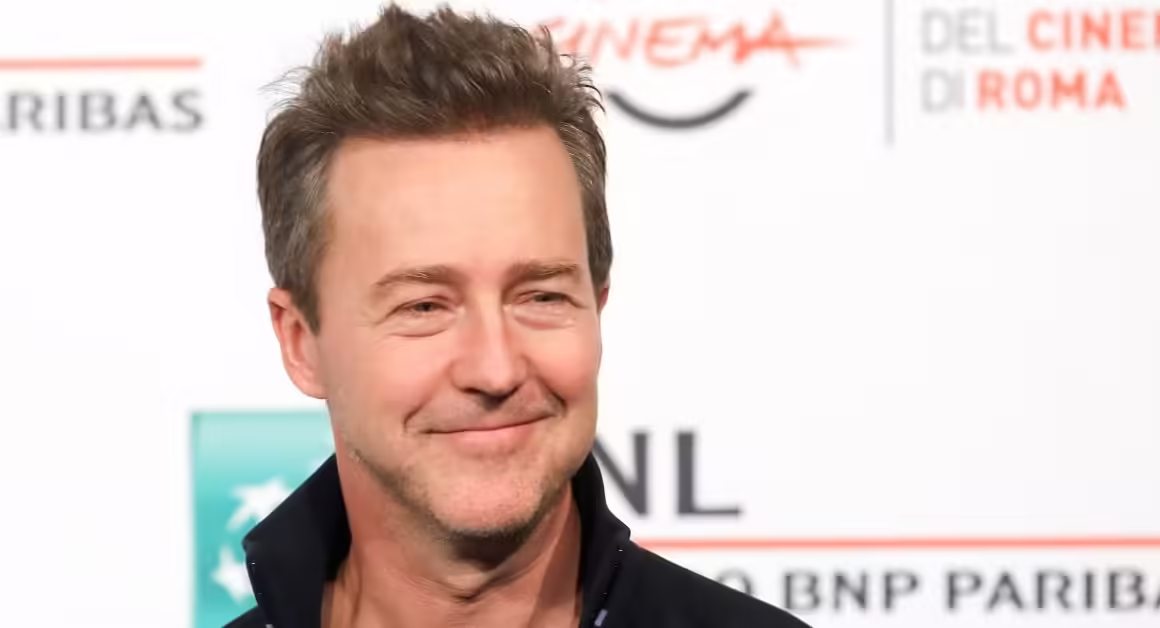Ed Harris is one of Hollywood’s most versatile and distinguished actors, known for his commanding screen presence and dedication to his craft. While fans admire his more recent work, the early stages of Ed Harris’s career — the “young Ed Harris” era — played a significant role in shaping the actor into the icon he is today. His performances in these formative years laid the foundation for a filmography that spans over four decades, marked by critically acclaimed roles, directing successes, and even some screenwriting ventures.
This article delves deep into the journey of young Ed Harris, exploring his humble beginnings, his rise to fame, and the formative performances that helped him become a celebrated figure in Hollywood.
Early Life of Ed Harris
Born Edward Allen Harris on November 28, 1950, in Englewood, New Jersey, Ed Harris grew up in a middle-class family. His father, Robert L. Harris, was a singer and actor, while his mother, Margaret, was a travel agent. These influences would later inspire young Ed Harris to pursue a career in the arts, though it wasn’t an immediate decision.
In his youth, Ed was more interested in sports than in acting. As a high school student, he was an athlete, excelling in football. This passion continued when he attended Columbia University in New York, where he played football for the school team. However, it was during his time at Columbia that young Ed Harris discovered his true calling—acting. The allure of the stage and the craft of performance proved irresistible, and he left Columbia to study drama at the University of Oklahoma.
This period of exploration and self-discovery would be pivotal in shaping young Ed Harris’s future as an actor.

The Move to Los Angeles
In the mid-1970s, Ed Harris made the bold decision to move to Los Angeles to further his acting career. Like many aspiring actors, the journey wasn’t easy. Young Ed Harris faced his share of struggles, working odd jobs to make ends meet while attending auditions and trying to get his foot in the door of Hollywood.
His persistence paid off when he began landing small roles in television shows, marking the beginning of what would become a prolific career. One of his earliest appearances was on the TV show “Gibbsville” in 1976, followed by a guest spot on the iconic series “The Rockford Files.” These minor roles may not have garnered widespread attention, but they provided young Ed Harris with invaluable experience and exposure in the entertainment industry.
Breakthrough Roles in the 1980s
The 1980s were a turning point for young Ed Harris. During this decade, he began transitioning from small television roles to more substantial film work. His breakout role came in “The Right Stuff” (1983), where he played astronaut John Glenn. The film, directed by Philip Kaufman, chronicled the early days of the U.S. space program and earned critical acclaim. Ed Harris’s portrayal of Glenn was lauded for its authenticity and gravitas, marking his arrival as a serious actor in Hollywood.
Following the success of “The Right Stuff,” young Ed Harris continued to build his reputation with a series of notable performances. In 1984, he starred in “Places in the Heart” alongside Sally Field, and in 1985, he appeared in the crime drama “To Kill a Stranger.” His versatility as an actor was becoming evident, with roles ranging from heroic figures to more complex, morally ambiguous characters.
Another pivotal moment came with “Walker” (1987), a film directed by Alex Cox. Harris played the controversial 19th-century American mercenary William Walker, who briefly ruled Nicaragua. Though the film received mixed reviews, Ed Harris’s performance was praised for its intensity and commitment.
Young Ed Harris in Theater
In addition to his work on screen, young Ed Harris also made a name for himself in the theater world. He had a deep appreciation for the stage, and it remained an important aspect of his career. In the early 1980s, he starred in Sam Shepard’s play “Fool for Love,” a performance that earned him widespread critical acclaim.
The role showcased his ability to embody raw, emotionally complex characters, a trait that would become a hallmark of his acting style. Young Ed Harris was not afraid to dive deep into the psychology of his characters, bringing a level of authenticity that resonated with audiences both on stage and on screen.
The Evolution of Ed Harris’s Acting Style
What sets young Ed Harris apart from many other actors of his generation is his unwavering dedication to the craft. Even in the early stages of his career, he approached every role with a level of seriousness and discipline that would come to define his acting style. His ability to fully immerse himself in his characters—whether it was a determined astronaut, a troubled cowboy, or a ruthless mercenary—made him a force to be reckoned with.
Young Ed Harris was known for his intense preparation for roles, often going to great lengths to understand the characters he portrayed. For example, when preparing for “The Right Stuff,” he spent time studying John Glenn’s mannerisms, speech patterns, and even his physical posture to deliver a performance that felt as authentic as possible. This commitment to realism would become a trademark of Harris’s performances throughout his career.

The Shift to Directing
As young Ed Harris grew more confident in his abilities as an actor, he began exploring new creative avenues, including directing. His directorial debut came in 2000 with the film “Pollock,” a biographical drama about the abstract expressionist painter Jackson Pollock. Harris not only directed the film but also starred in the title role, earning him an Academy Award nomination for Best Actor.
While “Pollock” was released later in his career, the seeds of his interest in directing were planted during his younger years. The transition from actor to director allowed Ed Harris to showcase his talents in a new light, further cementing his legacy in the entertainment industry.
Legacy of Young Ed Harris
Looking back at the early days of young Ed Harris’s career, it’s clear that his rise to fame was the result of hard work, determination, and an unwavering passion for acting. From his humble beginnings in New Jersey to his breakout roles in the 1980s, Harris’s journey serves as a testament to the power of perseverance and dedication to one’s craft.
His ability to take on diverse and challenging roles in both film and theater set him apart from his peers, and his transition into directing only solidified his reputation as one of the most respected figures in Hollywood.
FAQs about Young Ed Harris
Q: When did Ed Harris start acting?
A: Ed Harris began his acting career in the mid-1970s, initially landing small roles in television shows. His breakthrough role came in the 1983 film “The Right Stuff.”
Q: What was Ed Harris’s first major film role?
A: Young Ed Harris’s first major film role was portraying astronaut John Glenn in “The Right Stuff” (1983), which earned him critical acclaim and recognition in Hollywood.
Q: Did Ed Harris ever pursue theater acting?
A: Yes, young Ed Harris had a successful career in theater, with notable performances in plays like Sam Shepard’s “Fool for Love.” Theater was an essential part of his early acting career.
Q: Has Ed Harris directed any films?
A: Yes, Ed Harris made his directorial debut with the 2000 film “Pollock,” in which he also played the lead role of painter Jackson Pollock.
Q: What is young Ed Harris known for?
A: Young Harris is known for his intense and dedicated performances in films like “The Right Stuff,” “Places in the Heart,” and “Walker,” as well as his work in theater.
Conclusion
The story of young Ed Harris is one of perseverance, talent, and unwavering dedication to the craft of acting. From his early days as an aspiring actor in Los Angeles to his breakout performances in the 1980s, Harris’s journey is a testament to the hard work and passion that goes into building a lasting career in Hollywood. His ability to seamlessly transition between stage and screen, coupled with his later ventures into directing, makes him one of the most respected and versatile actors of his generation.
As we look back at the early days of young Ed Harris, it’s clear that his legacy is not just defined by the roles he played but by the profound impact he’s had on the world of entertainment.












